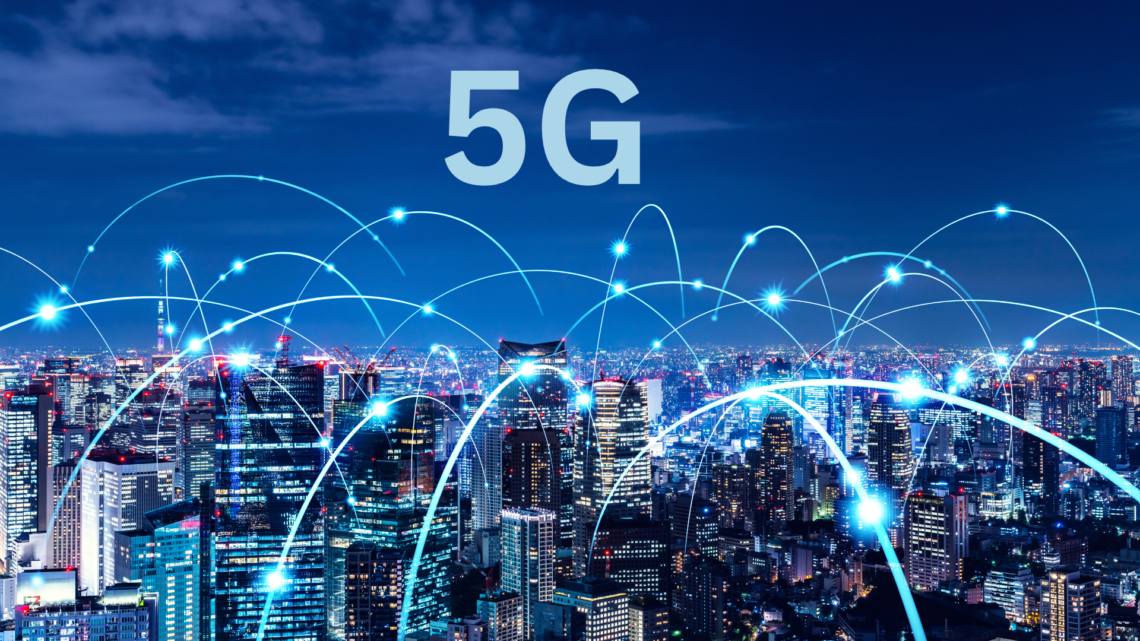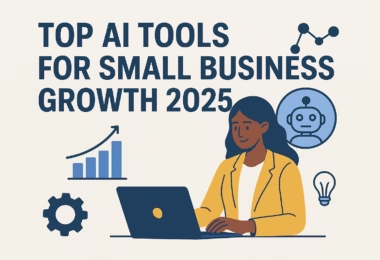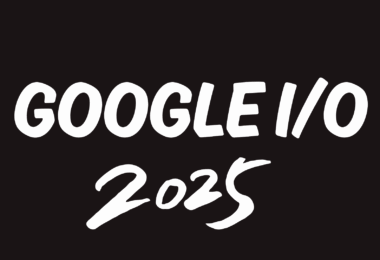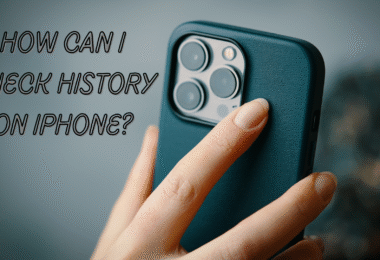In today’s swiftly digital sphere, continuous connectivity is necessary. Enter 5G connectivity: a game changer in communication and technology. This revolutionary advancement promises lightning-fast speeds, ultra-low latency, and the ability to connect billions of devices. But what makes 5G so transformative, and how is it impacting industries globally?
5G connectivity is reshaping our digital landscape, offering unprecedented speed and reliability. This fifth-generation wireless technology is not just an upgrade; it’s a transformative force across industries.
Imagine a world where downloads happen in the blink of an eye, autonomous cars communicate seamlessly, and smart cities operate with flawless efficiency. This is the promise of 5G Connectivity: A Game Changer, a transformative technology poised to reshape industries and redefine how we interact with the digital world. With its ultra-fast speeds, minimal latency, and massive connectivity capabilities, 5G Connectivity: A Game Changer is more than just an upgrade—it’s a revolution. This article explores how 5G Connectivity: A Game Changer is impacting everything from healthcare to entertainment.
What is 5G Connectivity?
5G stands for fifth-generation cellular network technology. It promises significantly higher data speeds, reduced latency, and the capacity to connect a vast number of devices simultaneously. Unlike its predecessors, 5G operates on a broader range of frequencies, enabling enhanced performance and new applications
5G is designed to provide:
- Faster data speeds (up to 100 times faster than 4G)
- Reduced latency (as low as 1 millisecond)
- Greater connectivity for IoT devices
This new network infrastructure is reshaping industries, from healthcare to entertainment.
Key Features of 5G Connectivity: A Game Changer
1. Blazing-Fast Speed
With speeds reaching up to 10 Gbps, 5G enables faster downloads, seamless streaming, and real-time communication.
2. Ultra-Low Latency
Latency in 5G networks is drastically reduced, allowing applications like:
- Remote surgeries
- Autonomous vehicles
- Cloud gaming with no lag
3. Massive Device Connectivity
5G supports up to 1 million devices per square kilometer, making it ideal for smart cities and IoT ecosystems.
- Greater Connectivity: Supports up to 1 million devices per square kilometer, making it ideal for IoT applications.
Impact of 5G on Industries

1. Healthcare
- Remote Surgeries: Surgeons can operate on patients from miles away using robotic-assisted surgery.
- Telemedicine: Doctors can diagnose and treat patients in real-time with minimal delays.
- Wearable Devices: Health monitoring devices track real-time vitals and alert medical professionals.
2. Manufacturing
- Smart Factories: 5G powers automation, robotics, and AI-driven production lines.
- Predictive Maintenance: Sensors detect issues before they cause major failures, reducing downtime.
- Enhanced Supply Chains: Real-time tracking improves efficiency and reduces costs.
3. Transportation
- Autonomous Vehicles: 5G ensures vehicles communicate instantly with traffic systems.
- Smart Traffic Management: AI-driven traffic lights optimize congestion flow.
- Drone Deliveries: Real-time connectivity allows drones to deliver packages safely.
4. Entertainment & Media
- High-Definition Streaming: 4K and 8K video streaming with zero buffering.
- Virtual & Augmented Reality: Enhanced VR and AR experiences for gaming, education, and training.
- Cloud Gaming: Games run smoothly in the cloud without expensive hardware.
5. Retail & E-Commerce
- Personalized Shopping Experiences: AI-powered recommendations based on user preferences.
- Seamless Mobile Payments: Faster and more secure transactions.
- Augmented Reality Shopping: Try on clothes or preview furniture before purchasing.
Benefits of 5G Connectivity
- Economic Growth: 5G is projected to generate $13.2 trillion in global economic value by 2035, creating 22.3 million jobs in the 5G global value chain alone.
- Innovation Acceleration: The capabilities of 5G spur innovation, enabling new services and business models across various sectors.
- Improved User Experience: Users enjoy faster, more reliable connections, enhancing activities from online gaming to business communications.
Challenges of 5G Implementation
Despite its benefits, 5G deployment faces challenges:
| Challenge | Description |
| Infrastructure Costs | High investment needed for towers and small cells. |
| Security Concerns | More connected devices increase cyber threats. |
| Limited Coverage | Rural areas still lack widespread 5G access. |
| Regulatory Barriers | Governments must allocate frequency bands efficiently. |
The Future of 5G: What’s Next?
With continuous innovation, 5G will unlock new possibilities, including:
- 6G Development: Early research is already underway.
- Edge Computing Expansion: Reducing data travel distances for real-time applications.
- AI & Machine Learning Integration: Automating processes for efficiency.
5G Connectivity: A Game Changer vs. 4G: Key Differences
| Feature | 4G LTE | 5G Connectivity: A Game Changer |
| Speed | 100 Mbps | 10 Gbps |
| Latency | ~50ms | ~1ms |
| Devices Supported | 10,000/km² | 1 million/km² |
| Energy Efficiency | Moderate | High |
Challenges and Concerns of 5G Connectivity: A Game Changer
1. Infrastructure Deployment
- High costs associated with 5G network expansion.
- Need for extensive small cell deployment in urban areas.
2. Security Risks
- Increased attack surface due to more connected devices.
- Potential privacy concerns with data transmission.
3. Health Concerns
- Ongoing debates about the impact of 5G radiation exposure.
- No conclusive evidence of health risks, but further research is needed.
The Future of 5G
Looking ahead, 5G Connectivity: A Game Changer will serve as the foundation for next-gen innovations like smart homes, AI-driven automation, and even 6G advancements. With global adoption accelerating, businesses and consumers alike must prepare for a hyper-connected world.
Conclusion
5G Connectivity: A Game Changer is more than just faster internet—it’s a technological revolution that will shape the future of connectivity, industry, and daily life. As we embrace this game-changing innovation, what are your thoughts on 5G Connectivity: A Game Changer’s impact? Let us know in the comments!
FAQs
Q: How fast is 5G Connectivity: A Game Changer compared to 4G?
A: 5G Connectivity is up to 100 times faster than 4G, reaching speeds of 10 Gbps.
Q: Is 5G Connectivity available worldwide?
A: Many countries have begun deploying 5G, but full global coverage is still in progress.
Q: Will 5G Connectivity replace Wi-Fi?
A: While 5G enhances mobile networks, Wi-Fi will continue to play a crucial role in home and business connectivity.








Leave a Comment